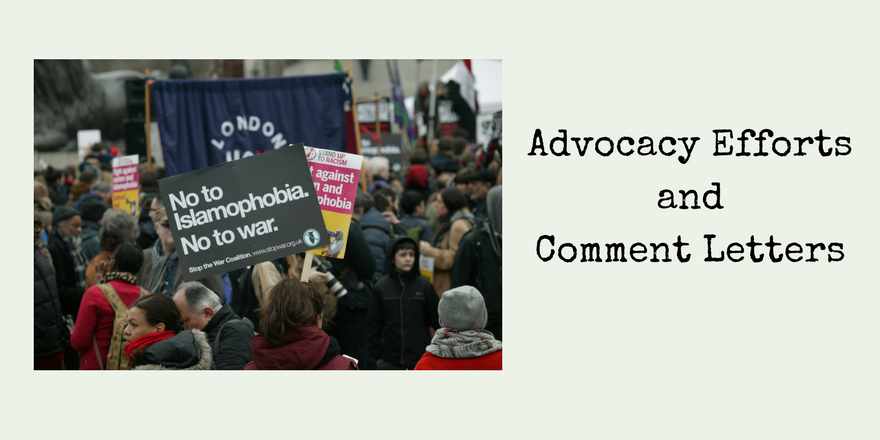December 29, 2003 Letter to Senate Committee on the Judiciary
PO Box 8208
Alexandria, VA 22306-8208
December 29, 2003
Senator John Edwards
Senator Richard Durbin
Senator Charles Schumer
Senator Russell Feingold
Senator Dianne Feinstein
Senator Herbert Kohl
Senator Joseph Biden
Senator Edward M. Kennedy
Senator John Cornyn
Senator C. Saxby Chambliss
Senator Larry Craig
Senator Lindsey O. Graham
Senator Jeff Sessions
Senator Mike DeWine
Senator Jon Kyl
Senator Arlen Specter
Senator Charles Grassley
Senator Orrin Hatch
Senator Patrick Leahy
Committe on the Judiciary
United States Senate
Washington, DC 20510
Dear Senators:
I am very concerned about the impact of the USA-PATRIOT Act on my civil liberties. As you know, PATRIOT created an enormous expansion of the government’s surveillance powers while reducing the public’s ability to ensure that those powers are being used appropriately. I am therefore pleased to learn that the Senate Judiciary Committee will hold hearings on PATRIOT and other anti-terrorism legislation beginning on Tuesday, October 21st.
Because you can represent those of us who are concerned about this Act, I urge you to ask the witnesses the following questions.
1. Section 216 of PATRIOT extended “pen register” and “trap and trace” authority to the Internet. Originally, this kind of surveillance could only capture dialed telephone numbers, and did not reveal the content of communications. It can now provide significantly more detailed information, including an individual’s contacts, etc.
How many times has the Department of Justice (DoJ) used this authority to monitor Internet communication? Is it monitoring what websites an individual visits, or conversely, monitoring particular websites to determine who visits them? If so, how often has it done so?
2. Section 213 of PATRIOT broadens the use of “sneak and peek” warrants, which allow law enforcement officials to enter private premises surreptitiously, and for an unspecified time, without informing the occupant that such a search has been conducted. Notably, this power is not limited to anti-terrorism investigations.
The justification for including this provision without restrictions appears to have been that it can be used for anti-terrorism investigations. But if that is the case, why couldn’t the DoJ rely upon similar provisions that already existed in the Foreign Intelligence Surveillance Act (FISA)?
3. Under Section 215 of PATRIOT, the FBI can get a secret court order to force anyone to turn over our financial, library, travel, video rental, phone, medical, church, synagogue, and mosque records without a search warrant and without our knowledge or consent, as long as the FBI claims that it’s acting to protect against terrorism. Surprisingly, the DoJ recently revealed that it has not yet used this power.
If the government hasn’t needed to use this power in the two years following the 9/11 terrorist attacks, why is this provision necessary at all? When would the government use Section 215?
4. Section 505 of PATRIOT expanded the DoJ’s power to use its own “administrative subpoenas,” making it unnecessary for the DoJ to ask a judge for permission to obtain personal records. Instead, the DoJ can simply give itself permission by issuing a National Security Letter (NSL).
How often has the DoJ used NSLs after this authority was granted? How many NSLs were used in the 3-4 years prior to PATRIOT? How many have been directed to Internet Service Providers?
5. Section 218 of PATRIOT, as interpreted by the Foreign Intelligence Surveillance Court of Review, allows FISA surveillance to be used even when the surveillance is not primarily intended to gather foreign intelligence or to investigate terrorism.
What has been the outcome of this decision? How many U.S. persons have been targeted by FISA orders? Of those, how many have been subjected to physical searches under FISA? How many have been subject to FISA wiretaps or other communications interceptions? How many have been subjected to “pen register”/”trap and trace” surveillance?
Once again, I applaud your involvement with these issues through the committee and urge you to press hard for answers to these and other important questions affecting our civil liberties.
Sincerely,
James Landrith

